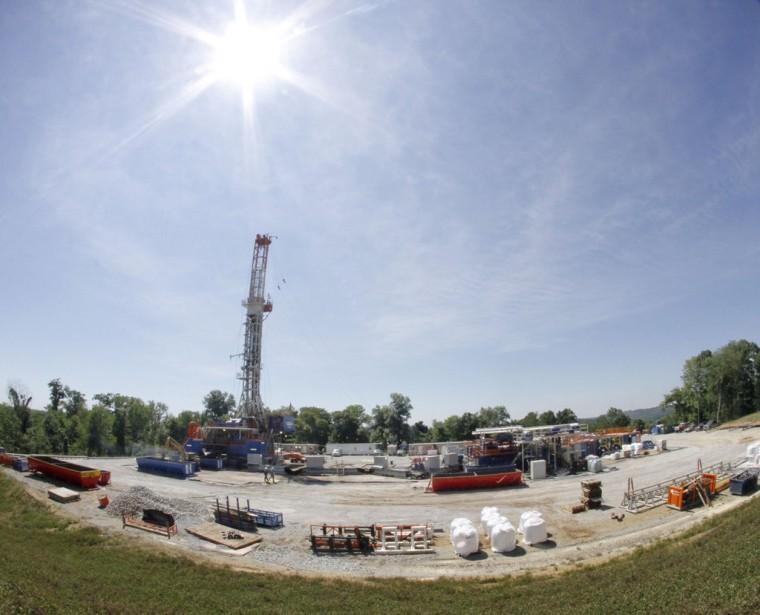Louisiana isn’t the only state having trouble funding higher education.
Public universities across the country are cash-strapped and money-hungry, and like LSU, they have also had to slash departments and raise tuition. And most schools don’t have organizations like the Tiger Athletic Foundation to serve as the proverbial spoonful of sugar to help the legislature’s medicine go down.
We’ve all seen firsthand that putting an institution’s feet to the fiscal fire doesn’t exactly set the stage for continued growth, but is there a magic bullet that can keep our universities above water?
Exxon Mobil thinks there is — and it could be right under our feet.
Black gold: That’s right, oil, sunken deep beneath the campuses of hundreds of colleges and universities just waiting to be fracked up to the surface and carefully processed into petroleum-based tuition waivers.
More than a dozen schools across the country have already gotten into the oil fracking business.
The process of hydraulic fracturing, a.k.a. fracking, is an oil and natural gas extraction technique in which streams of highly pressurized chemicals are forced into shale rock or derelict wellbores, pushing the previously-thought un-exploitable resources to the surface.
The University of Texas at Arlington has been experimenting with on-campus fracking to the tune of a $10 million profit.
According to NPR, Indiana State University is projecting its newfound petro-dollars will allow it to immediately fund projects and student services it didn’t expect to have up and running for years.
If we want to get our national economy bubbling again, we’re going to need some creative financing, and who better to manage ethically ambiguous sources of alternative income than big oil?
Now, I can already predict what many of you are thinking: This doesn’t seem like much more than a land grab, with private business stepping into the public sphere and exploiting our natural resources to the detriment of the natives — in this case, students.
And I’m not much for venture capitalism, myself.
But Pennsylvania has just passed a law which, should it be adopted in the other places where fracking is viable, could make the payoff worth the risk.
Pennsylvania is letting oil companies drill discretely on its campuses, but the costs of leasing the lands will be split up for state purposes: 50 percent for the university leasing the land, 35 percent for the state system and 15 percent specifically set aside for tuition subsidies.
Furthermore, on-campus oil extraction locations provide for a unique educational boom as well.
If we want our economy to recover — so we can actually find jobs when we graduate — we’ll need a highly-skilled workforce tailored to the 21st century, and if we expect that to happen, we’ll need to find some way to dig, or drill, our colleges out of the mess they’re in.
Universities like ours, with large engineering and petroleum programs, would get the added bonus of having a functioning oil derrick within walking distance.
Are there risks involved? Certainly, but progress is always an affair of chance.
A study conducted by the University of Texas at Austin states the fracking process itself has little negative environmental impact, but also that most of the health and environmental risks associated with fracking come predominantly from negligence and equipment failure.
With proper oversight, fracking on campus could be no more risky than operating, say, a small nuclear power plant – something our university already does.
And if a purple-and-gold oil derrick pumping away on the Parade Ground means we can get our German professors back and our tuition decreased, I say let the oil flow.










